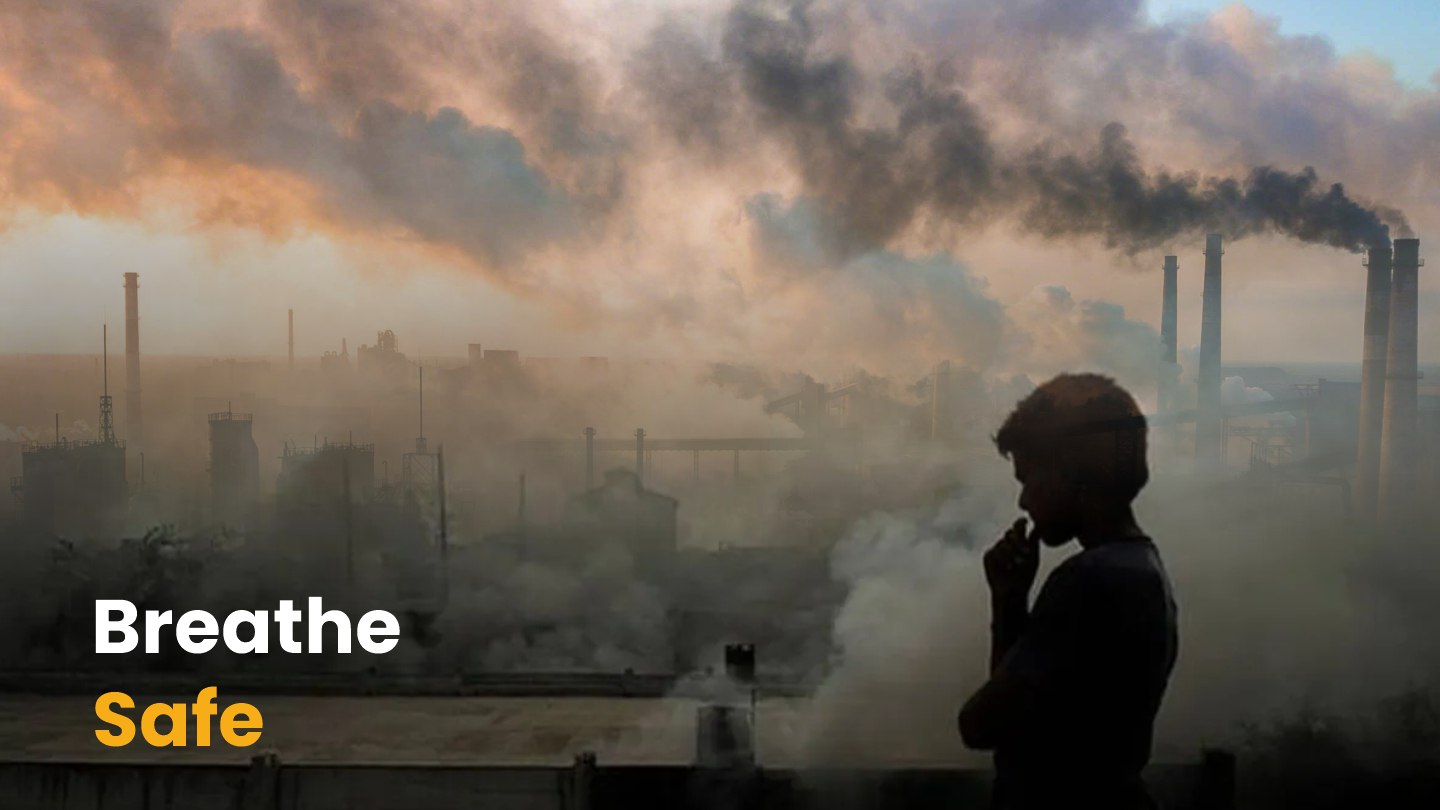Air Pollution: Air pollution is a significant issue that affects both our health and the environment. It comes from various sources, such as cars, factories, and even everyday household products. Knowing when to be alert is essential. One effective way to monitor air quality is by checking the Air Quality Index (AQI).
What is Air Quality Index?
An AQI (AQI) reading above 100 signals the need for caution, especially for individuals with existing health conditions. Additionally, the presence of thick smog or haze indicates higher pollution levels, which can impact everyone, particularly children and the elderly. If you or someone you know experiences respiratory issues, coughing, or dizziness, these symptoms may be linked to poor air quality.
Impact of Air Pollution on Health
To determine if air pollution is contributing to health problems, you can follow a few steps. Start by monitoring any symptoms you experience, such as coughing or wheezing, and note when they occur. Using AQI reports can help identify patterns; if your symptoms worsen on days with elevated pollution levels, there may be a connection. It’s also wise to consult a healthcare professional if health issues persist, as they can assess whether air pollution is a contributing factor.
Health Problems Due to Air Pollution
Air pollution can lead to various health issues, including respiratory diseases like asthma and bronchitis, which may worsen in polluted air. It can also increase the risk of heart disease and trigger allergies. Some studies even suggest a connection between air pollution and mental health problems, such as anxiety and depression.
Solutions of Air Pollution
Air pollution is a serious issue, but there are several simple ways to help reduce it. Using public transport, biking, or walking instead of driving can greatly lower car emissions. Planting more trees in your neighbourhood can also improve air quality, as trees take in carbon dioxide and give off oxygen. You can save energy by turning off lights and appliances when you’re not using them, which helps reduce pollution from power plants. Supporting policies that promote cleaner air, like clean energy projects and stricter emissions rules, is also important. Finally, keeping an eye on local air quality reports can help you decide when to stay inside and when it’s safe to go out.
Awareness is Essential
Pollution poses a serious threat to public health, but by staying aware of air quality, recognizing health issues, and taking proactive measures, we can all contribute to a cleaner and healthier environment. Together, we can make a difference.


